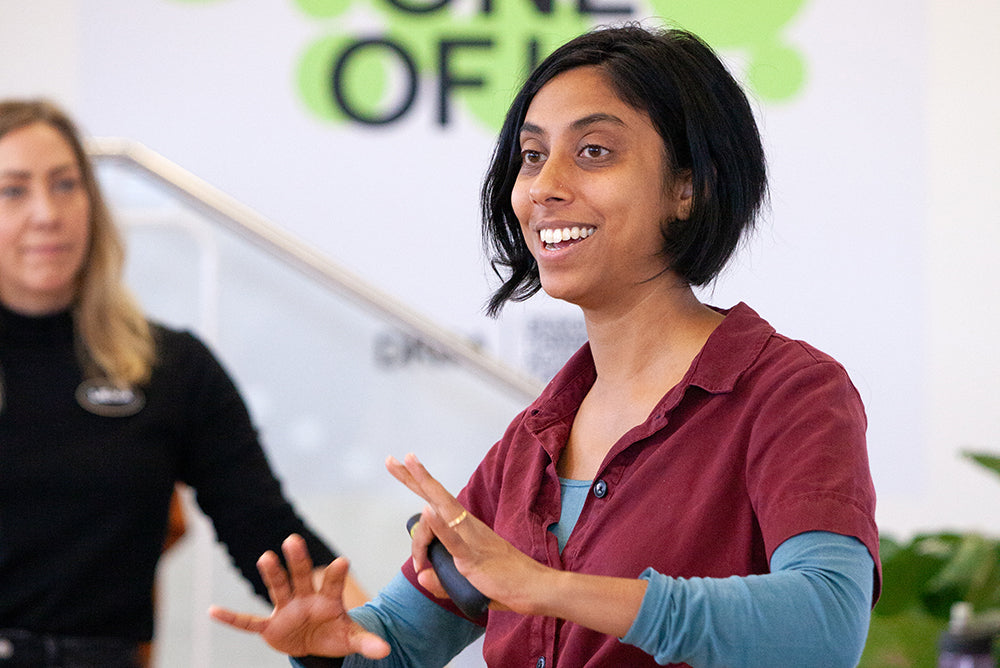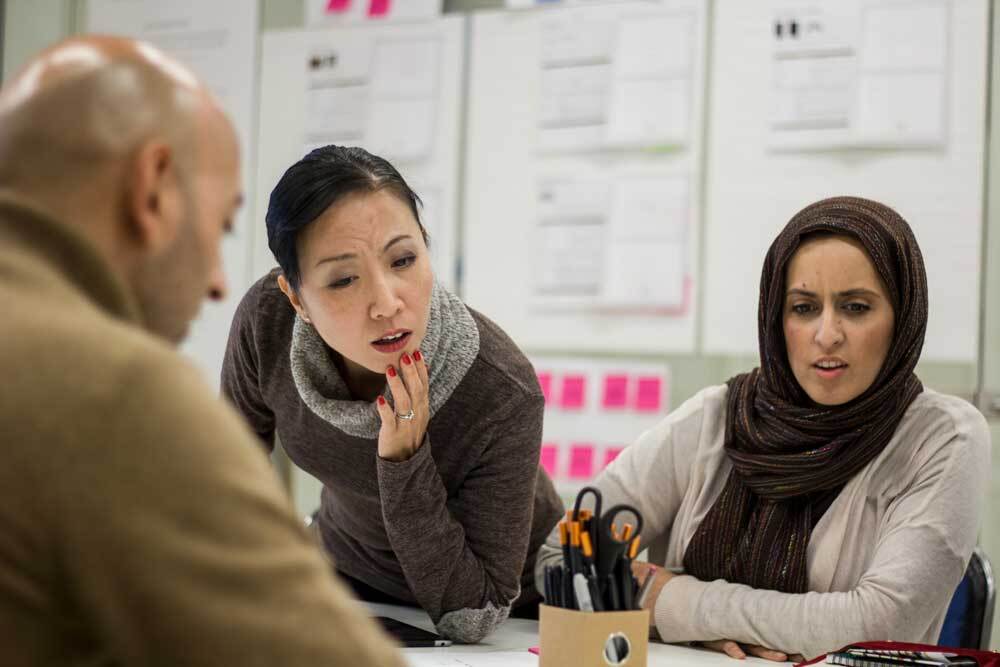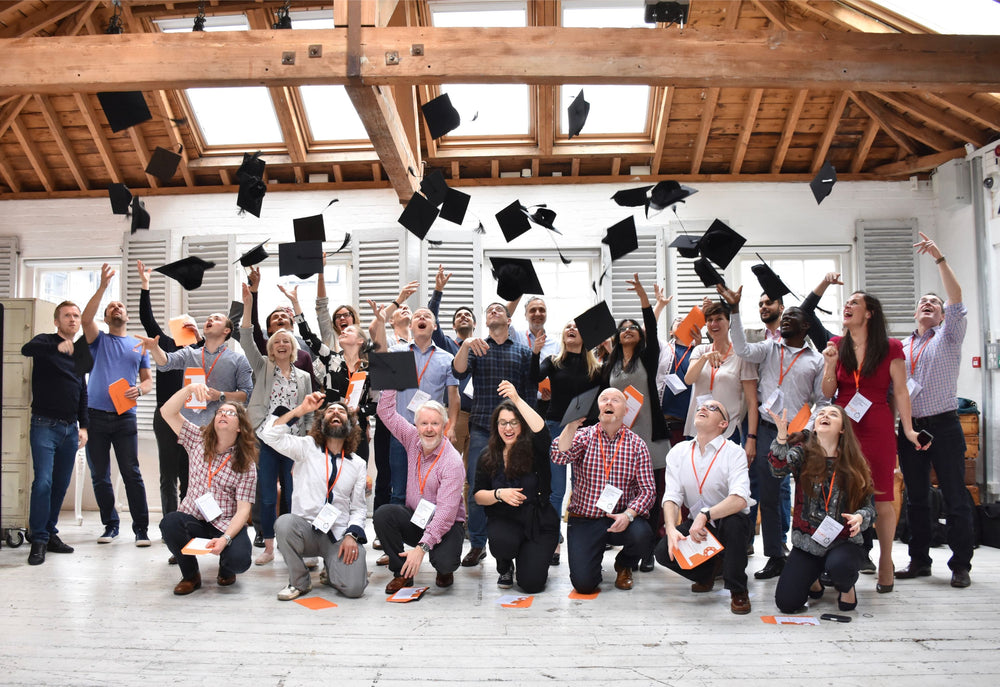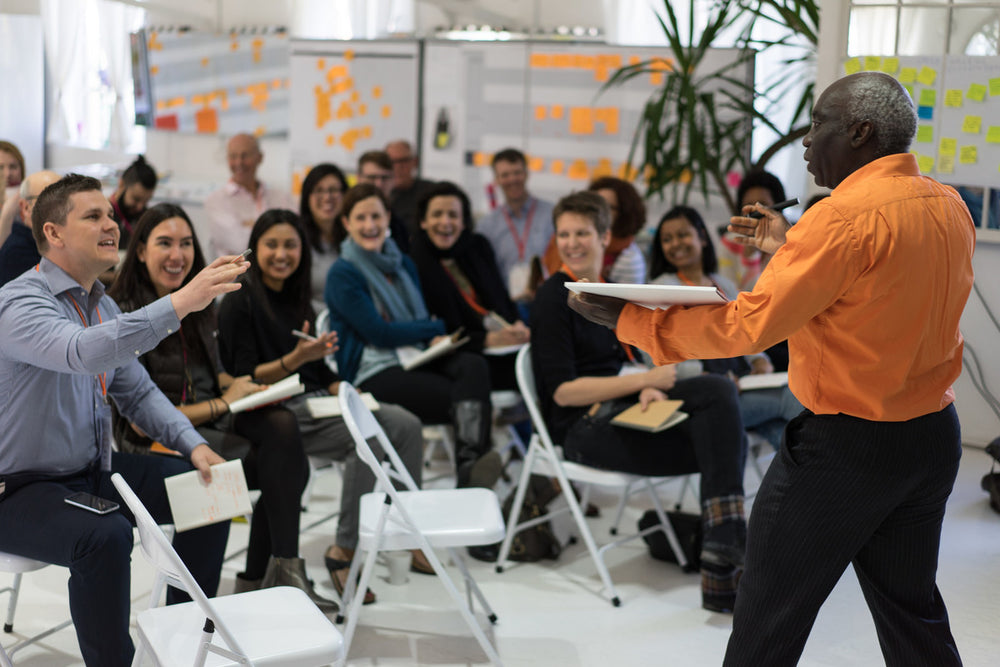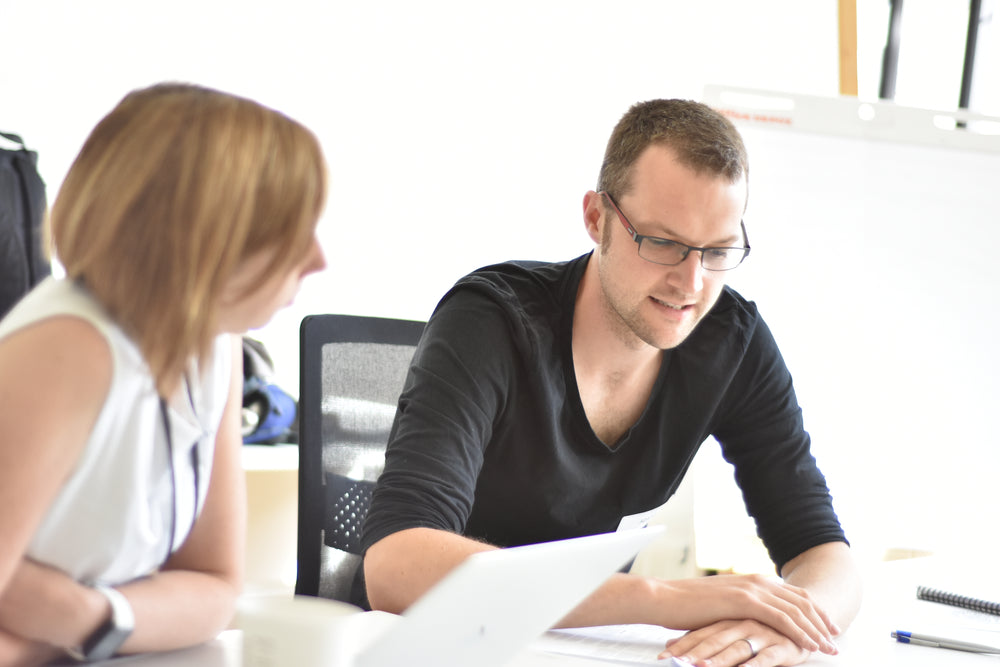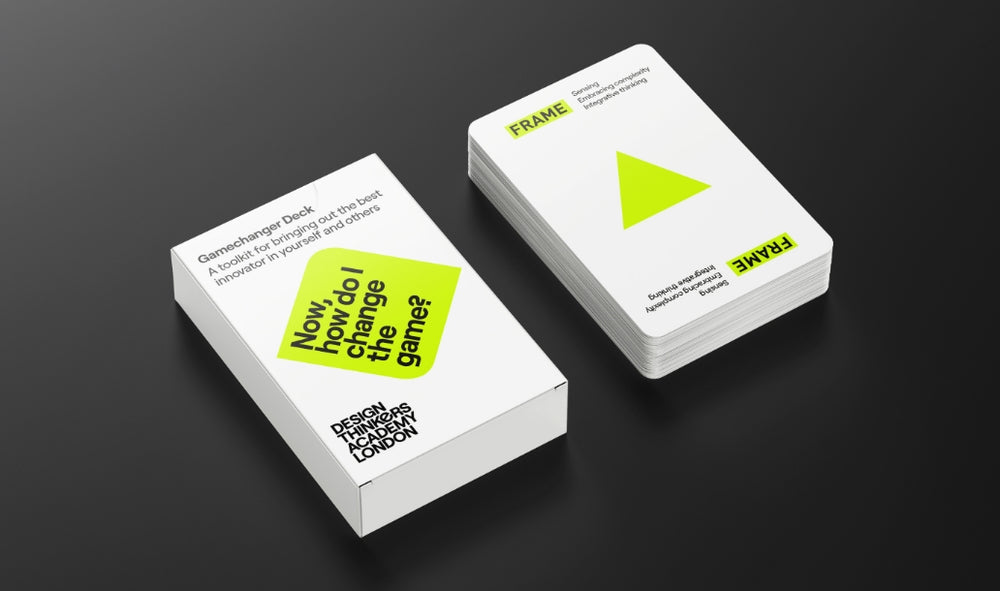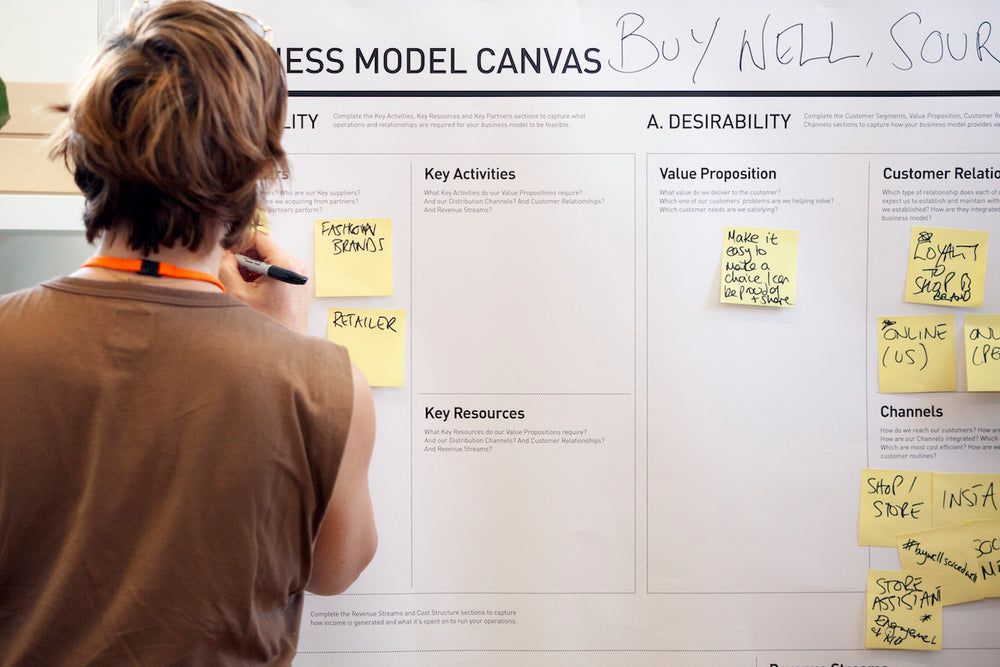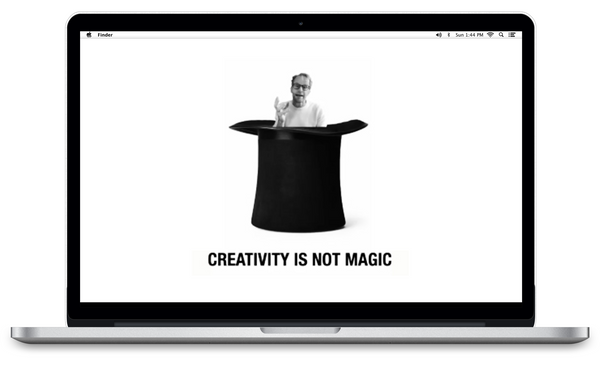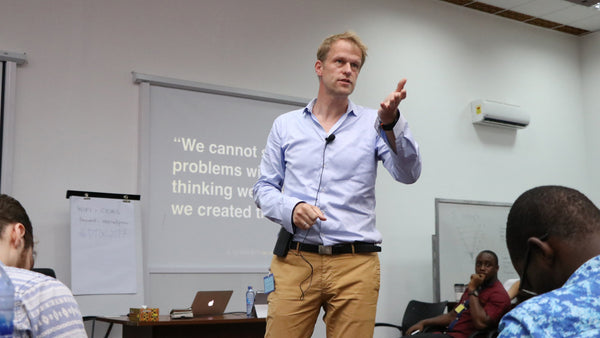What do facilitation and football have in common? Drawing on years of experience, Arnoud shares his key tips and some of the highlights – and challenges – of being a facilitator, revealing the importance of getting your team to an optimal state of “flow.”
Have you ever been so fully immersed in an activity that you lose yourself? That’s “flow”, as coined by Hungarian psychologist Mihaly Csikszentmihalyi. When we achieve a state of flow, we can perform better – both individually and as a team.
I love it when participants in our workshops enter this flow state. Insights become ideas and ideas evolve into prototypes. Because people are so focused on the task at hand, they become truly creative – and produce innovative results.
Wouldn’t it be great if everyone had a “flow switch”, that just needed to be turned on at the right moment? That’s where the role of facilitator comes into play. A good facilitator knows how to locate the switch, activate it, then keep people engaged throughout the workshop.

Facilitation for success
It’s true, of course, that a design thinking facilitator requires a reasonable knowledge of design thinking principles and methods. Ultimately, however, it’s facilitation skills that determine the success of a design thinking workshop.
In a way, a great facilitator is like a great football coach. A coach can – and should – understand the rules of the game, but they don’t need to have been a professional football player in order to motivate the team or set the strategy for the match. At the same time, both the coach and facilitator understand that the end results rely on the team members themselves – and the goals they achieve on the day.
"Wouldn’t it be great if everyone had a ‘flow switch’ that just needed to be turned on at the right moment?"
It’s hard to observe from the sidelines. But if people are going to get into a flow state, the facilitator has to stay impartial while participants work through their insights and ideas. Although there are opportunities to influence the group’s direction and decisions, it’s best to provide neutral encouragement. If the topic is close to your heart, ask somebody else to be the lead facilitator.
In full flow
It’s not just about how you facilitate the workshop on the day. A good facilitator needs a good plan if people are going to enter a flow state. In fact, facilitation requires a lot of preparation, which might feel somewhat counterintuitive to the free design thinking spirit.
Meticulously planning your sessions will help you create the right atmosphere so that co-creation and playfulness flourish. As you plan, imagine how group interactions will work and perhaps even experiment with the flow of activities. Preparation is an energising exercise in itself. It also requires a lot of creativity and experience.
"I love it when participants in our workshops enter this flow state. Insights become ideas and ideas evolve into prototype."
Even with careful planning, however, you can’t foresee every circumstance. A good facilitator will know to expect the unexpected. People are diverse, and our behaviour and reactions are unpredictable. Improvisation is therefore an important part of a facilitator’s toolkit.
Attending and experiencing different workshops – both as a facilitator and participant – will raise your awareness of your individual strengths and help you to develop your own style of facilitation. As you gain confidence with the various tools, you can focus fully on facilitating the course and helping the participants reach a state of flow.
